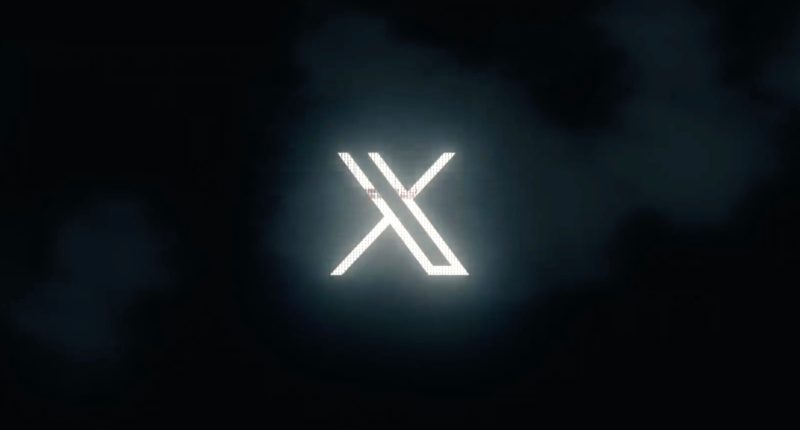The ongoing farmers’ protests in India have ignited a fresh flashpoint between social media platforms and the Government, with X (formerly Twitter) finding itself caught in the crossfire. This time, the social media platform has confirmed that it is complying with an Indian government order to block certain accounts and posts associated with the protests, citing potential legal repercussions for non-compliance. However, it also said that it “disagrees” with such a stance and these posts shall be available outside of India.
For those who are unaware, the Indian government’s directive to X stems from its broader efforts to regulate online content, particularly during sensitive situations like the farmer protests. The government issued “executive orders” mandating X to block specific accounts and posts deemed problematic, with potential penalties like fines and imprisonment looming for non-compliance. X, facing a challenging legal landscape, opted to comply with the order to avoid legal ramifications.
The details of the blocked accounts have not been revealed so far. As of Thursday, February 22, the X accounts of several farmer leaders involved in the protests were inaccessible, and several farmer groups have already found their accounts on the micro-blogging site to be blocked.
Responding to the government’s directive, X has taken measures to block certain accounts and posts on its platform. However, the platform has explicitly stated its disagreement with these actions, emphasizing the fundamental value of freedom of expression and the importance of facilitating open discourse on critical societal issues like the farmer protests. The platform also contends that the blocked accounts and posts represent legitimate expressions of dissent and should be protected. The blocking of accounts and posts also has direct consequences for the affected users, potentially impacting their ability to share information and engage in online discussions.
For those who need a refresher course, the farmer protests have reignited tensions between the agricultural community and the government. These protests, echoing the major demonstrations of 2020-21, demand guaranteed minimum support prices (MSPs) for crops, a critical issue for millions of Indian farmers. On February 13, 2024, thousands of farmers from Punjab, Haryana, and Uttar Pradesh converged on Delhi borders, marking the beginning of the current demonstrations. Their primary demand revolves around guaranteed MSPs, a system that assures farmers a pre-determined minimum price for their produce, protecting them from volatile market fluctuations, and allege that the government’s recent agricultural reforms have weakened the MSP system, jeopardizing their livelihoods. Furthermore, the protests call for the repeal of three controversial farm laws passed in 2020, which farmers believe dismantle the existing MSP system and favor corporate interests. So far, the Indian government has engaged in several rounds of talks with farmer leaders, but no concrete agreement has been reached.
“The Indian government has issued executive orders requiring X to act on specific accounts and posts, subject to potential penalties including significant fines and imprisonment. In compliance with the orders, we will withhold these accounts and posts in India alone; however, we disagree with these actions and maintain that freedom of expression should extend to these posts,” revealed a post by Global Government Affairs on Thursday. “Consistent with our position, a writ appeal challenging the Indian government’s blocking orders remains pending. We have also provided the impacted users with notice of these actions in accordance with our policies. Due to legal restrictions, we are unable to publish the executive orders, but we believe that making them public is essential for transparency. This lack of disclosure can lead to a lack of accountability and arbitrary decision-making,” the post added.
The Tech Portal is published by Blue Box Media Private Limited. Our investors have no influence over our reporting. Read our full Ownership and Funding Disclosure →






